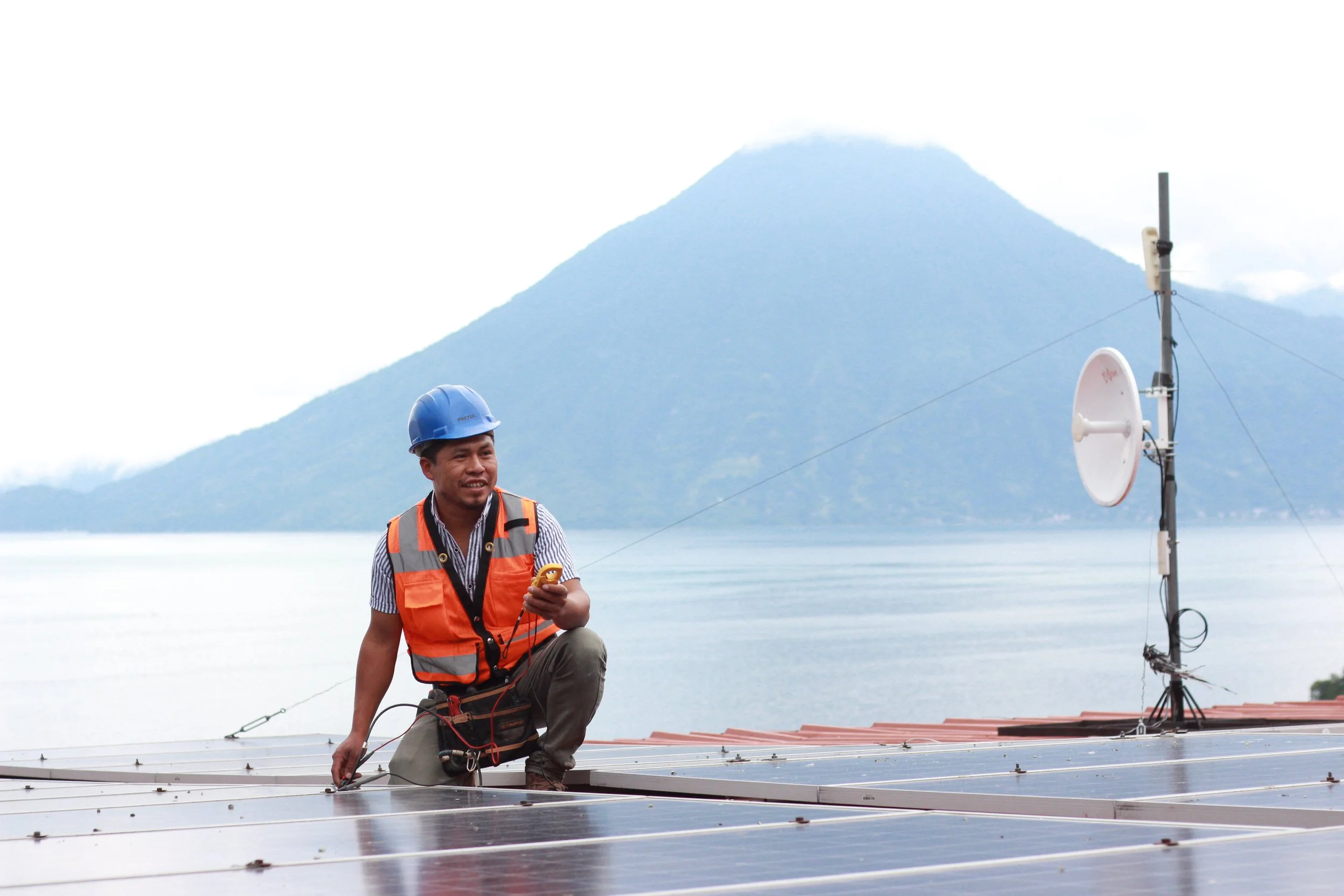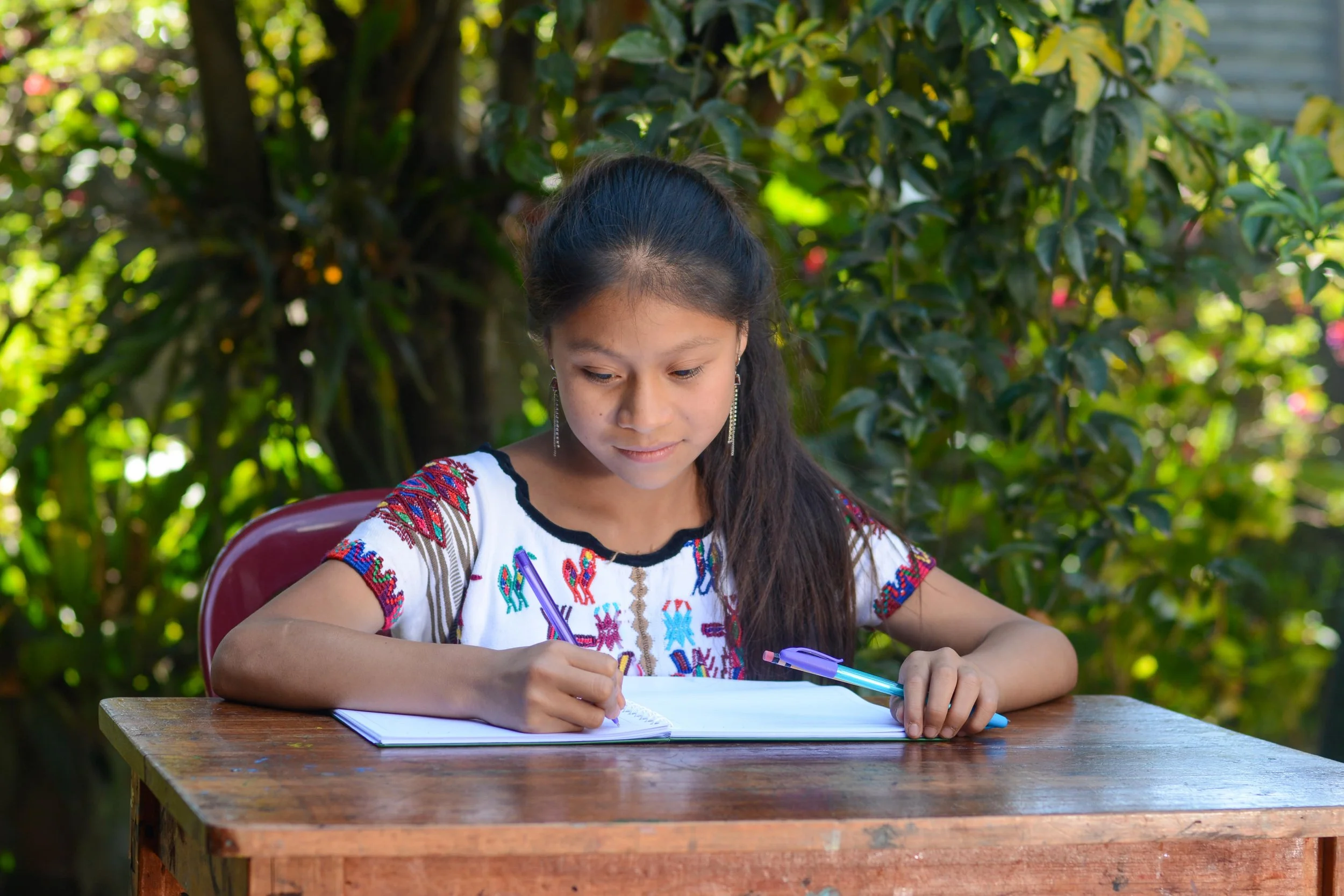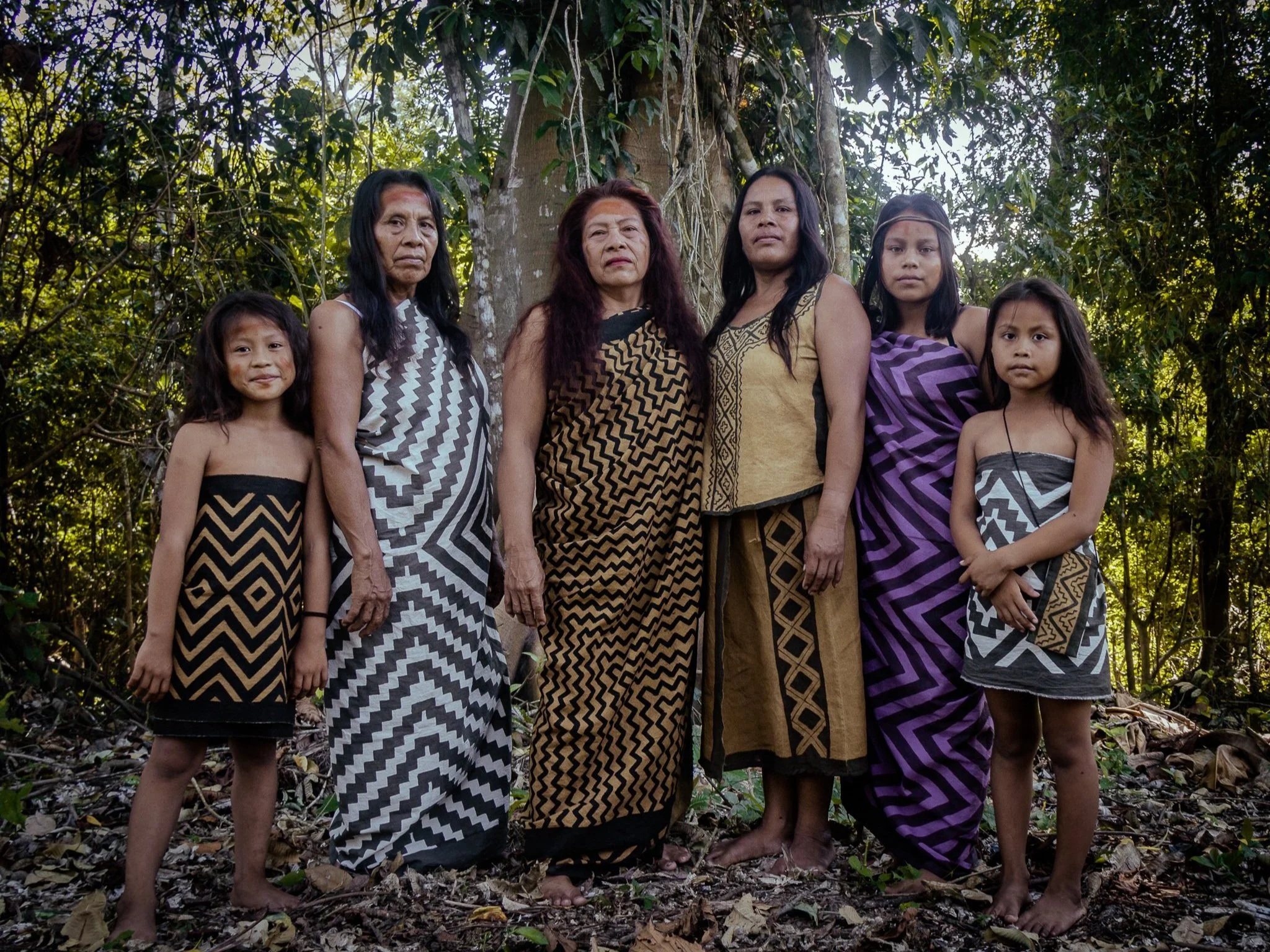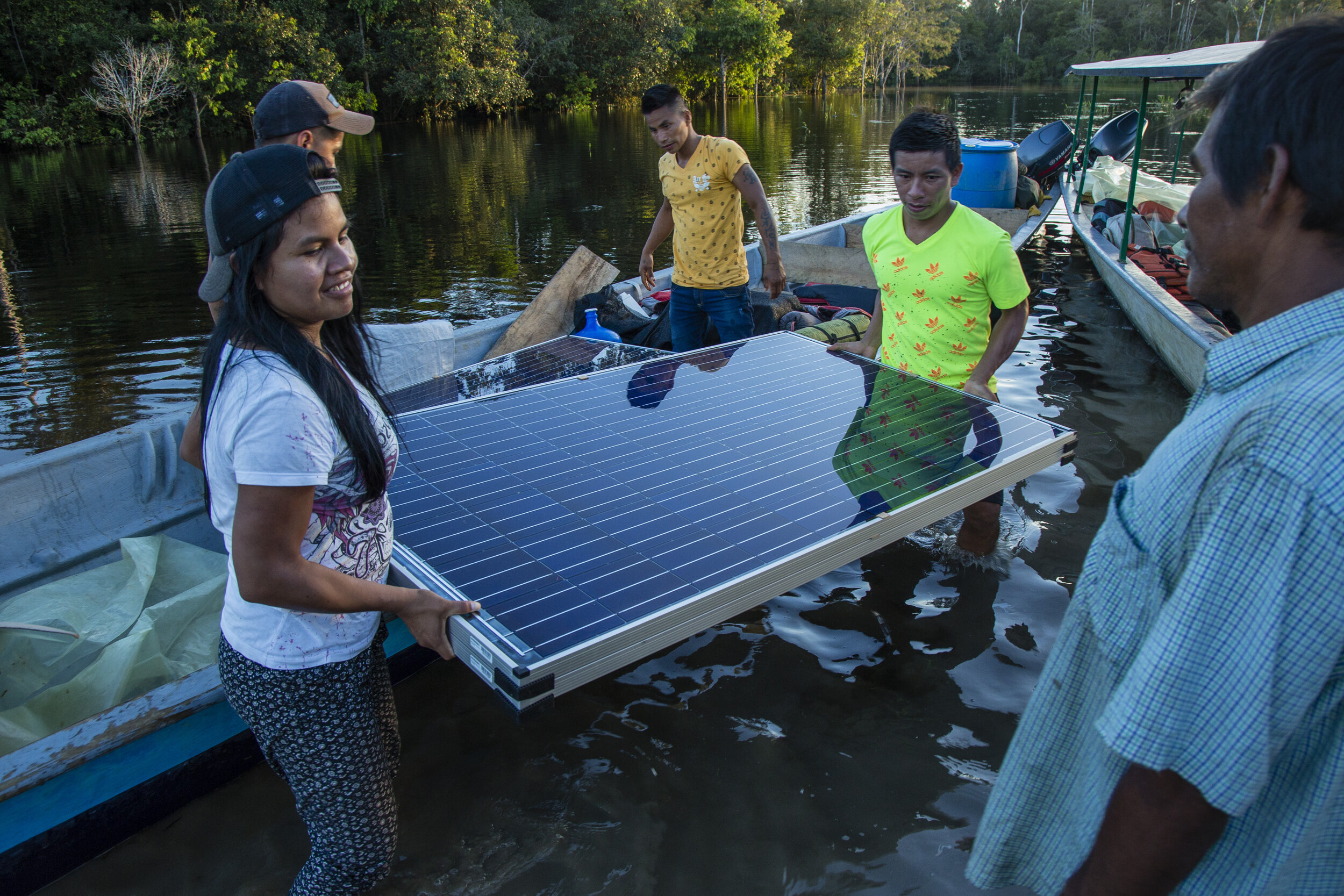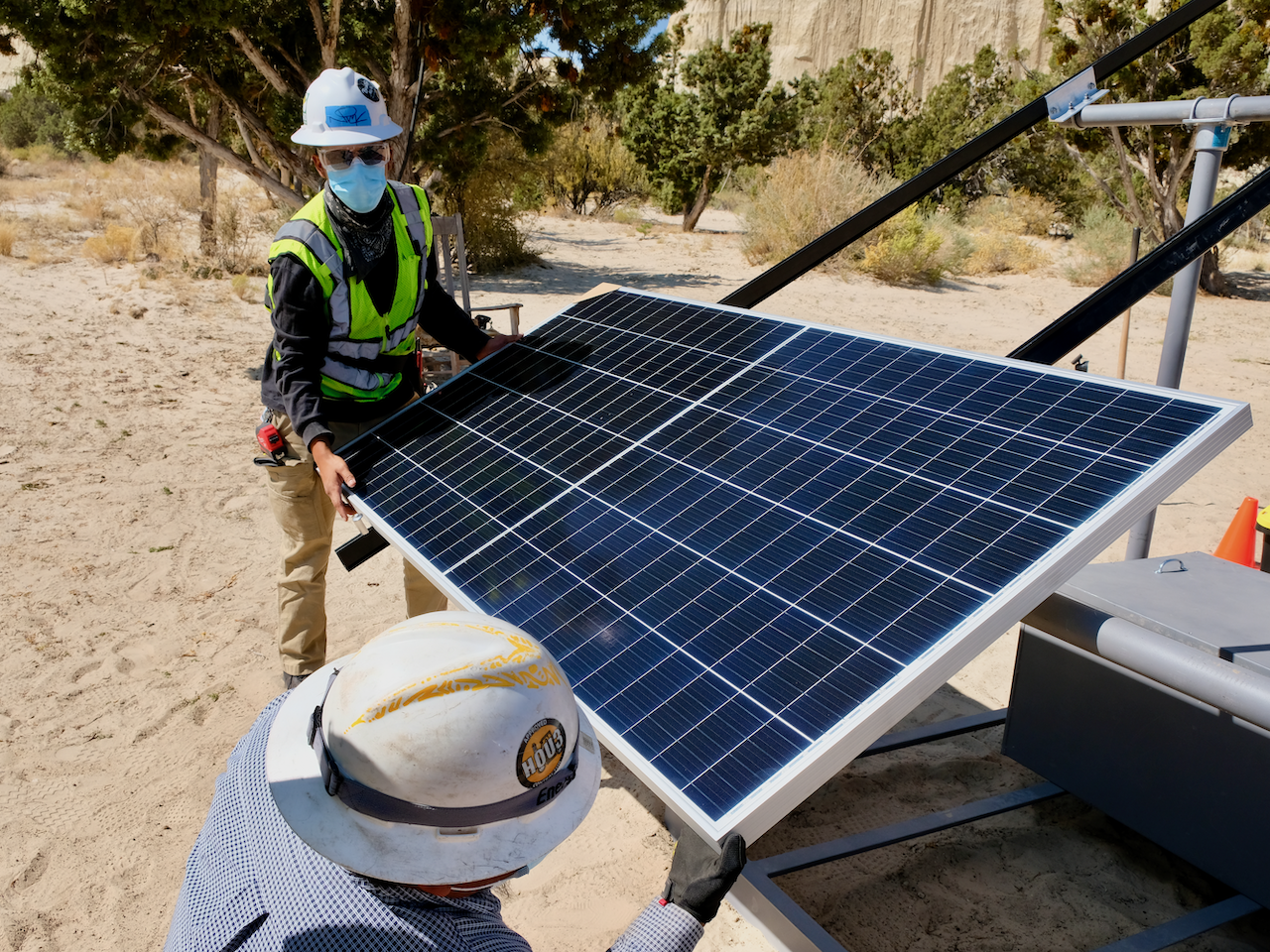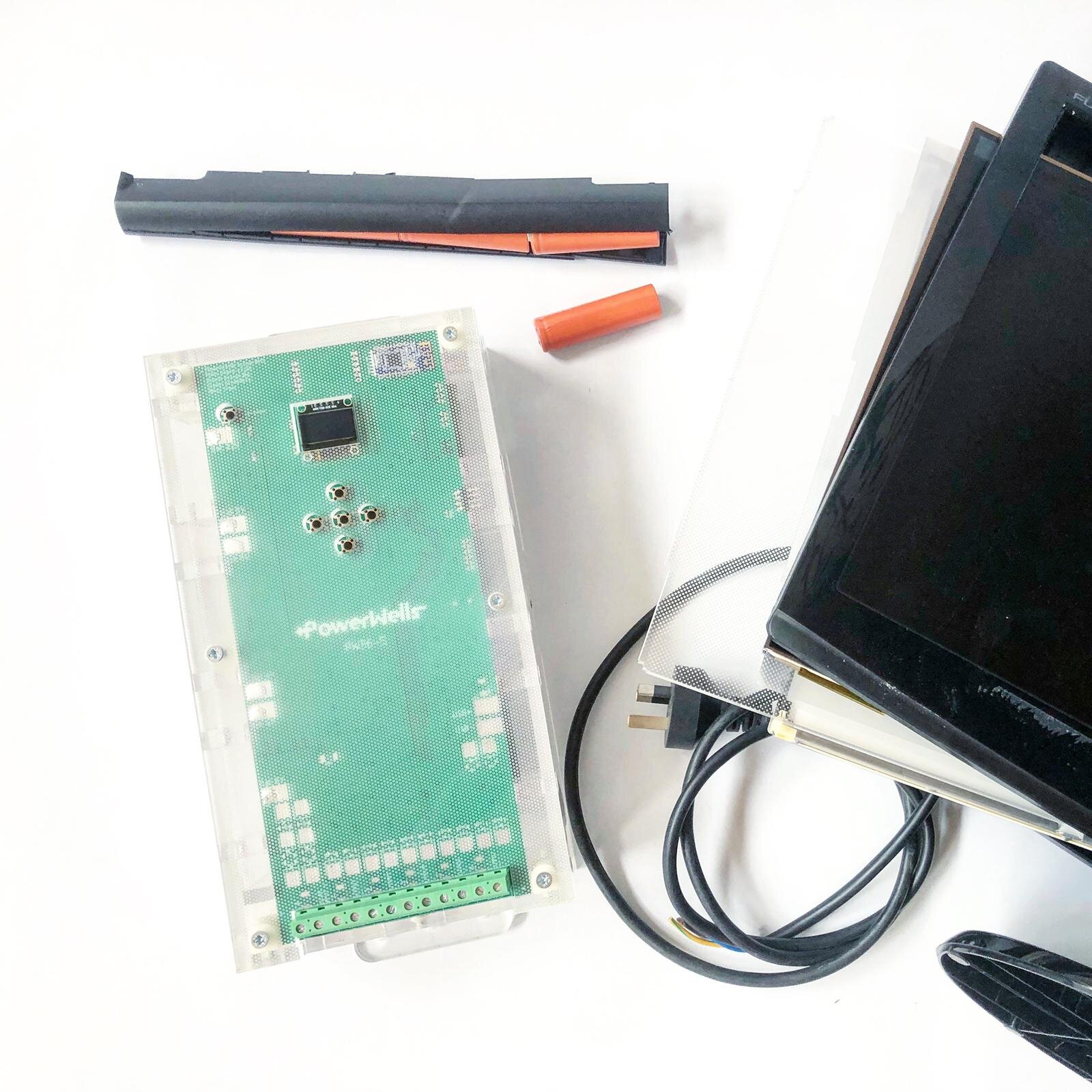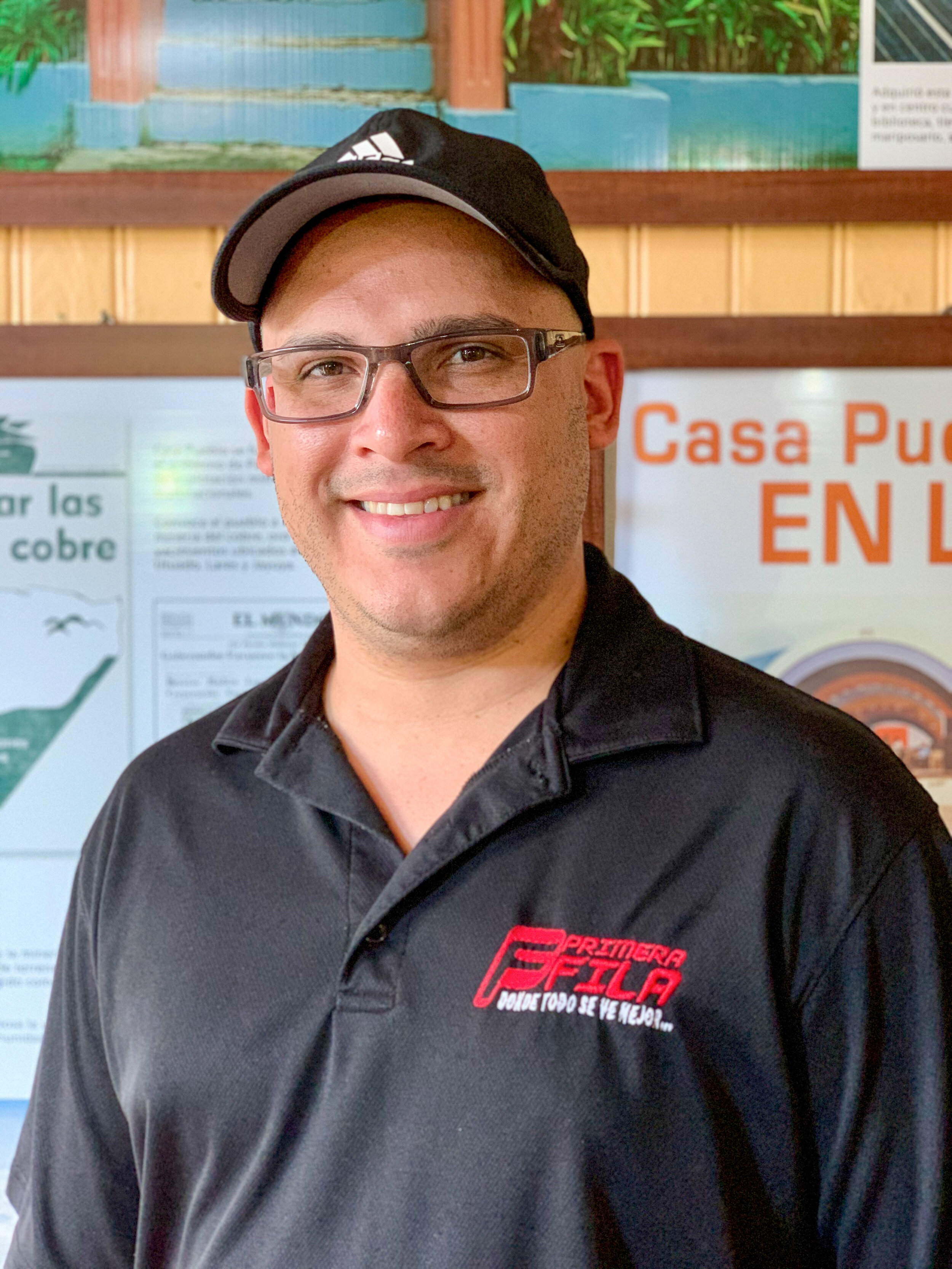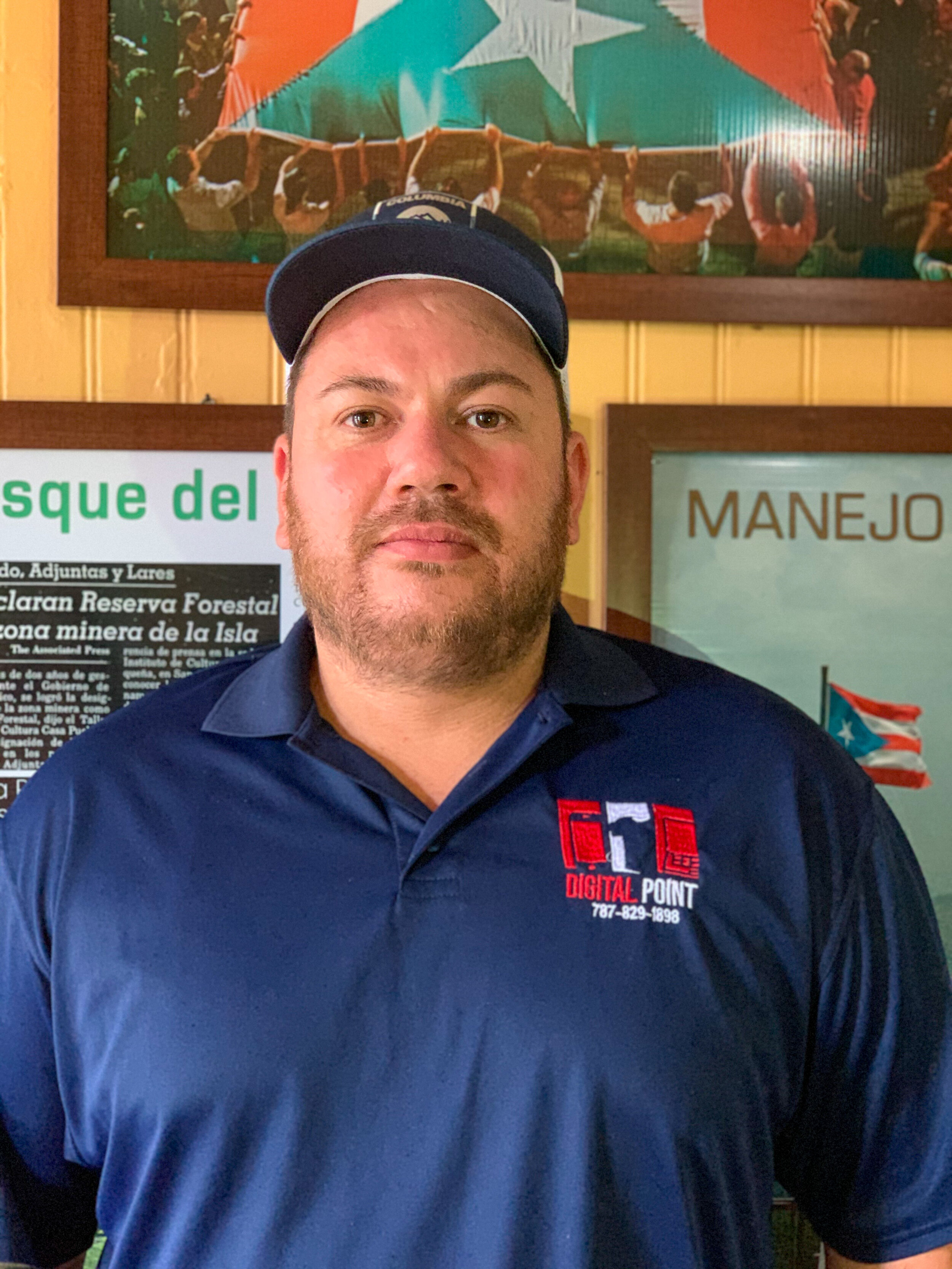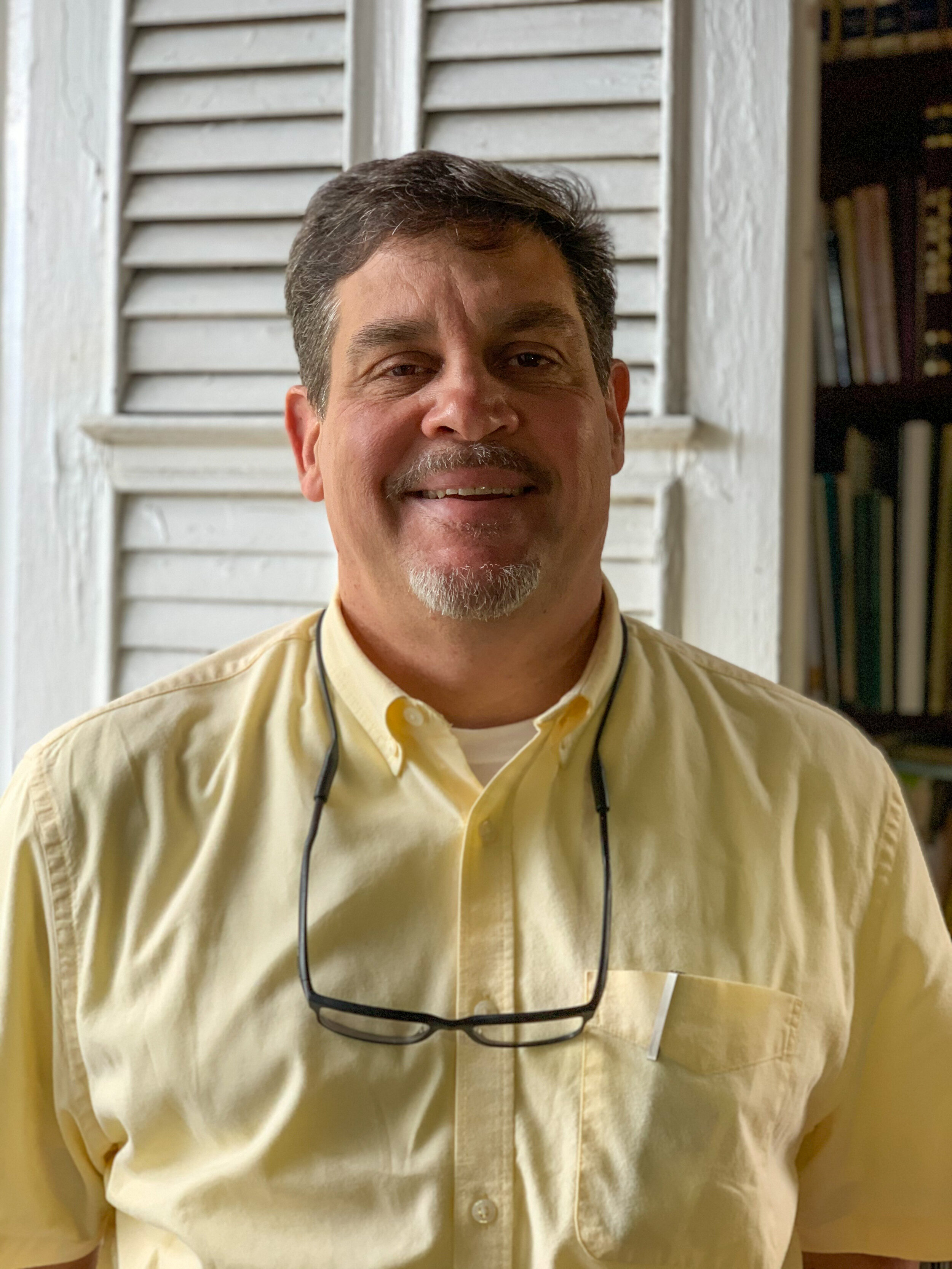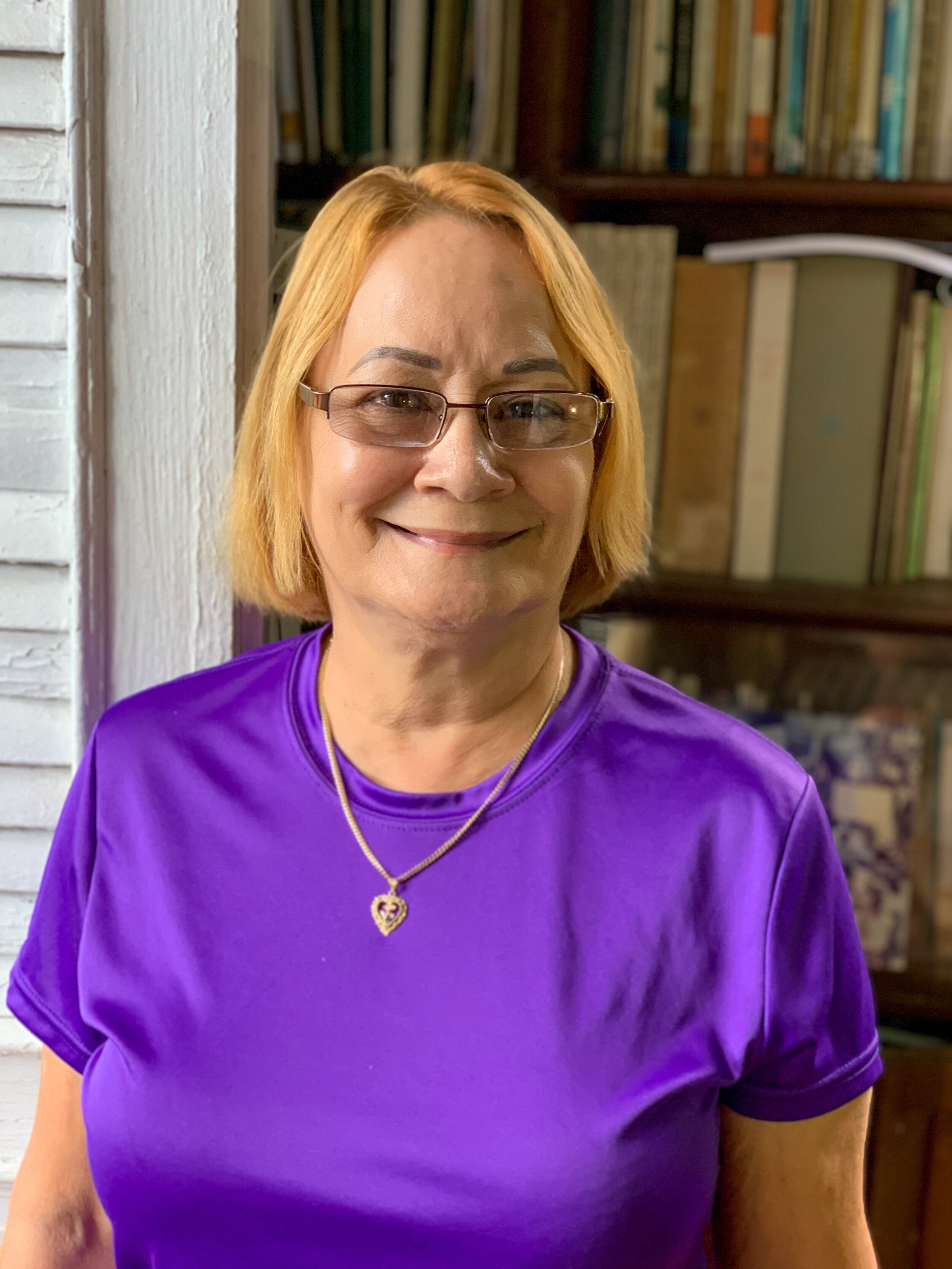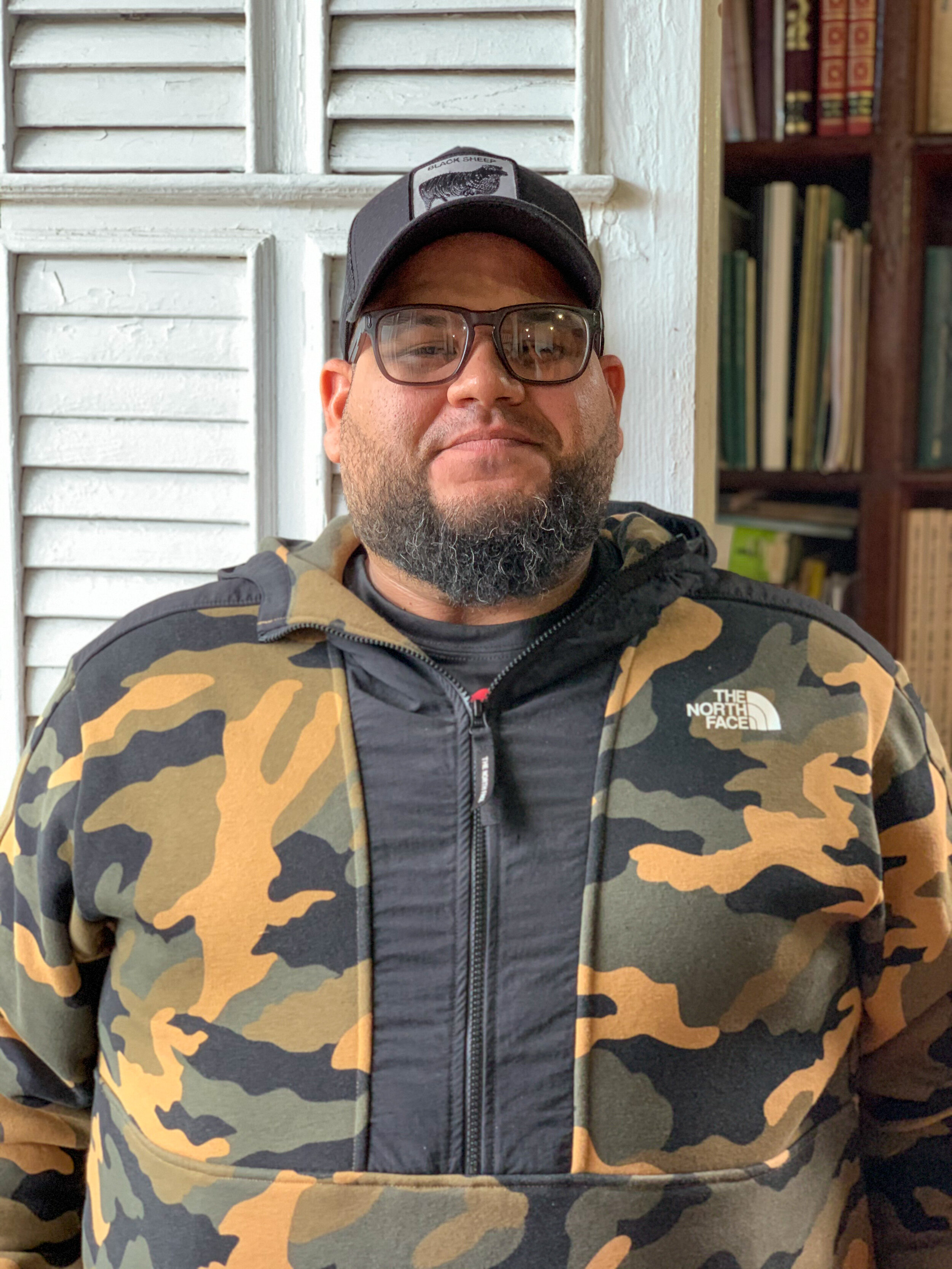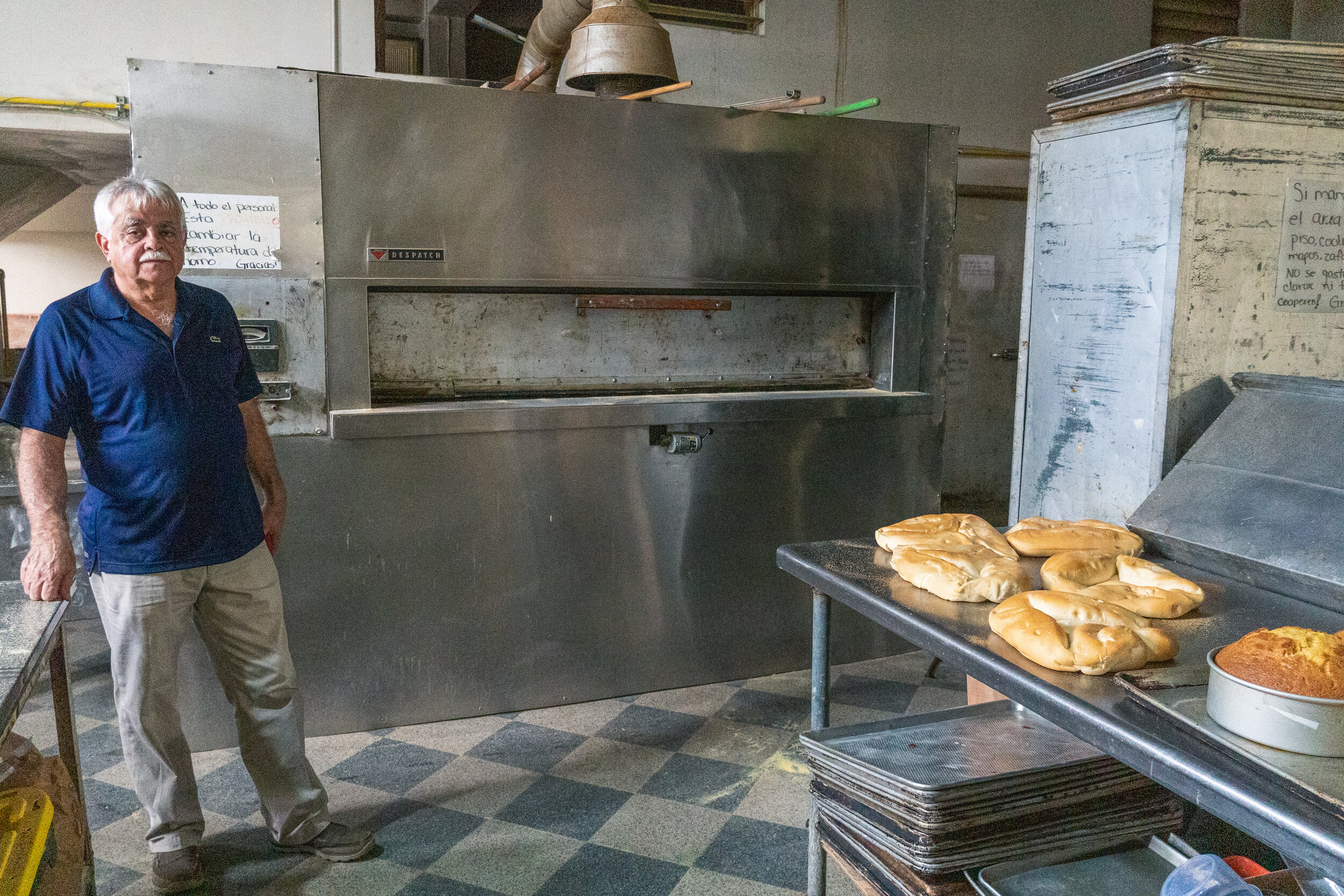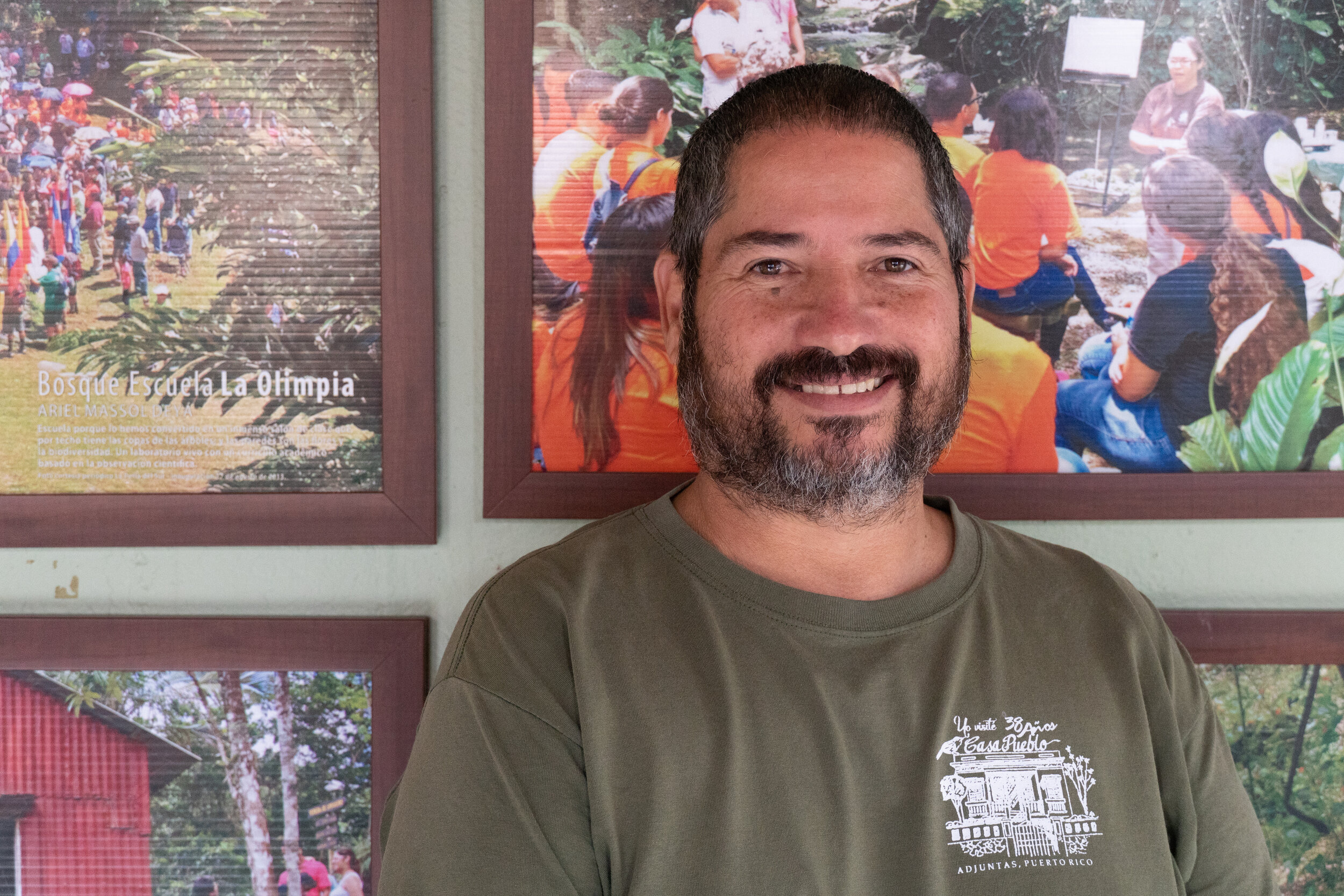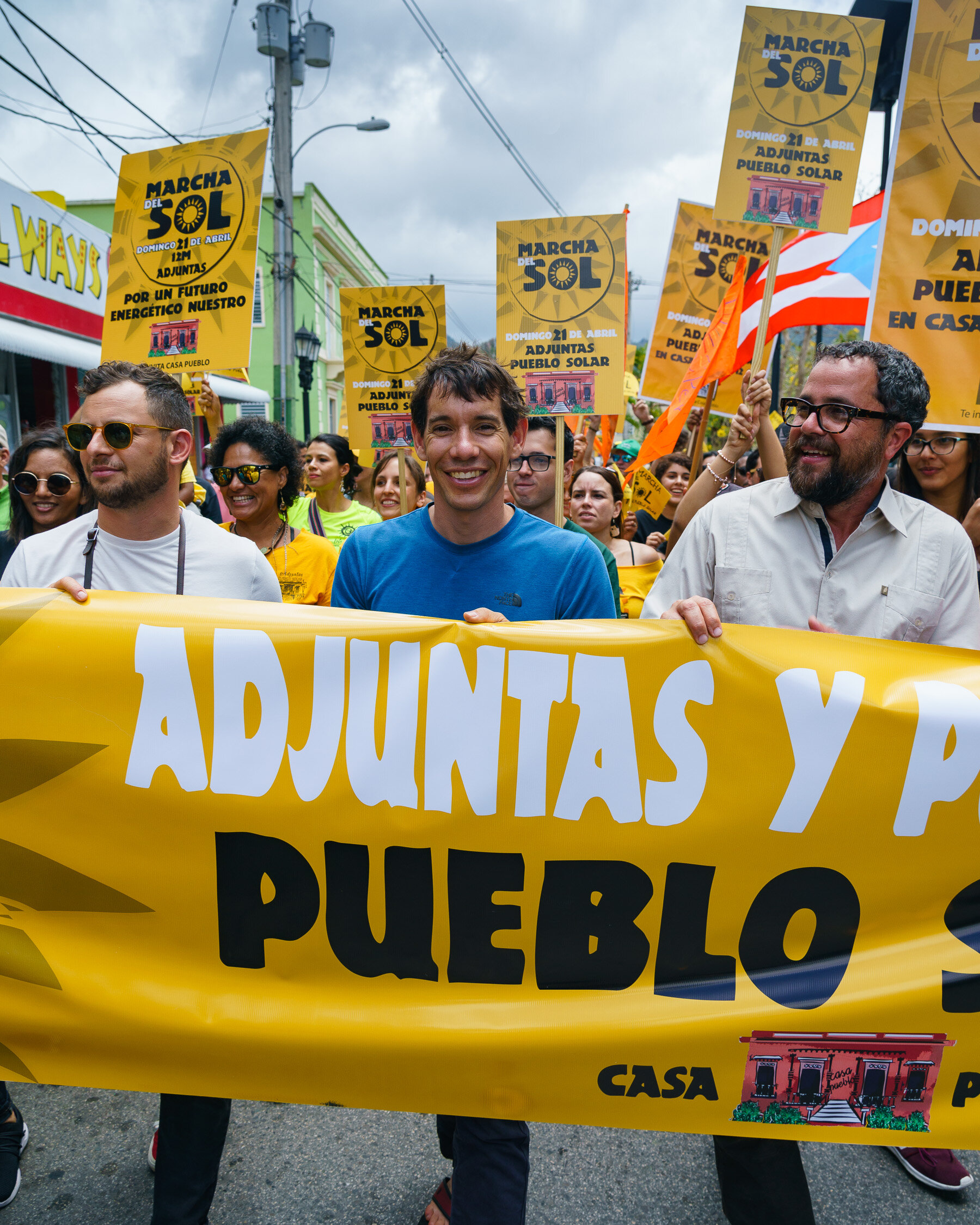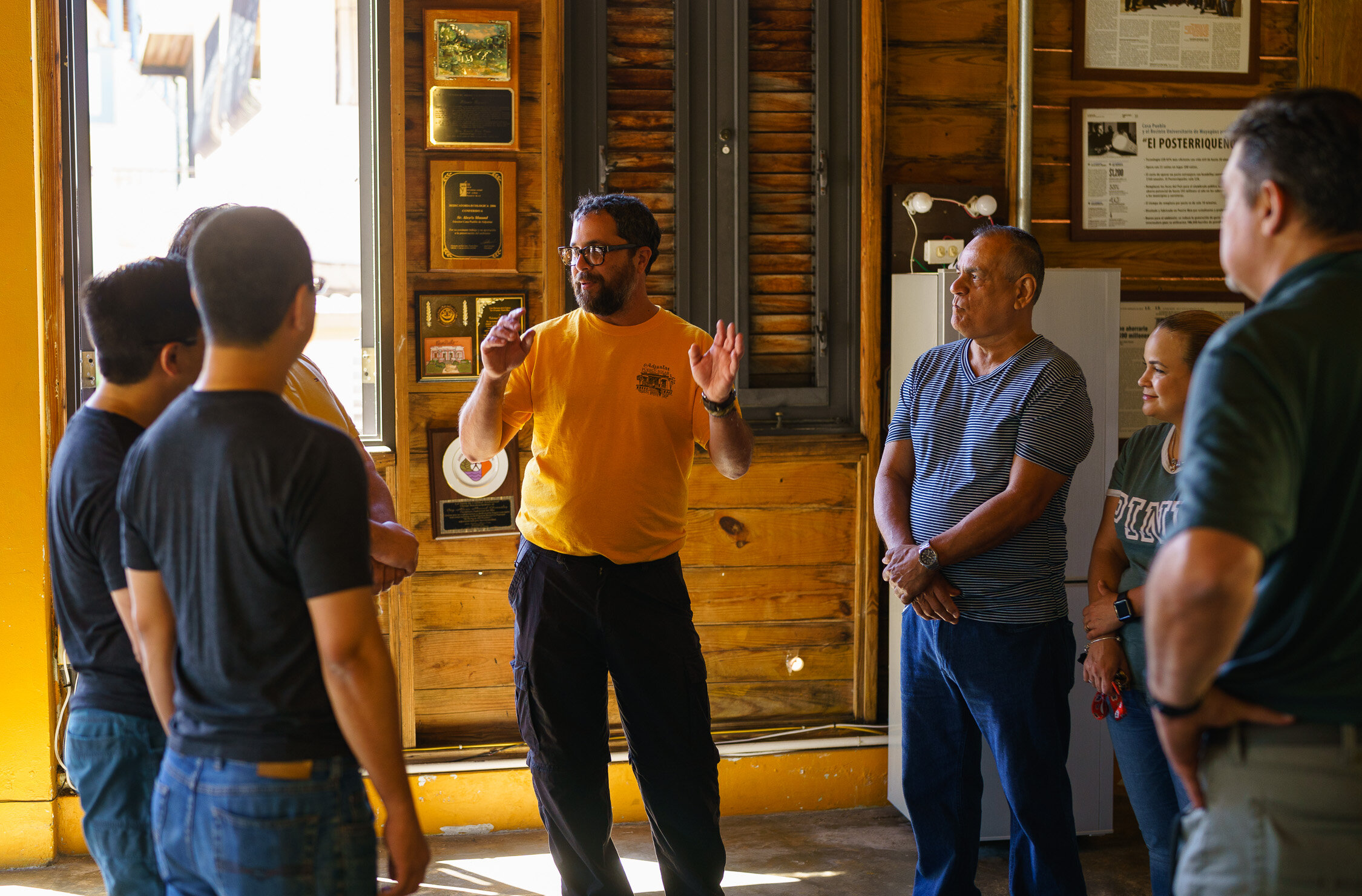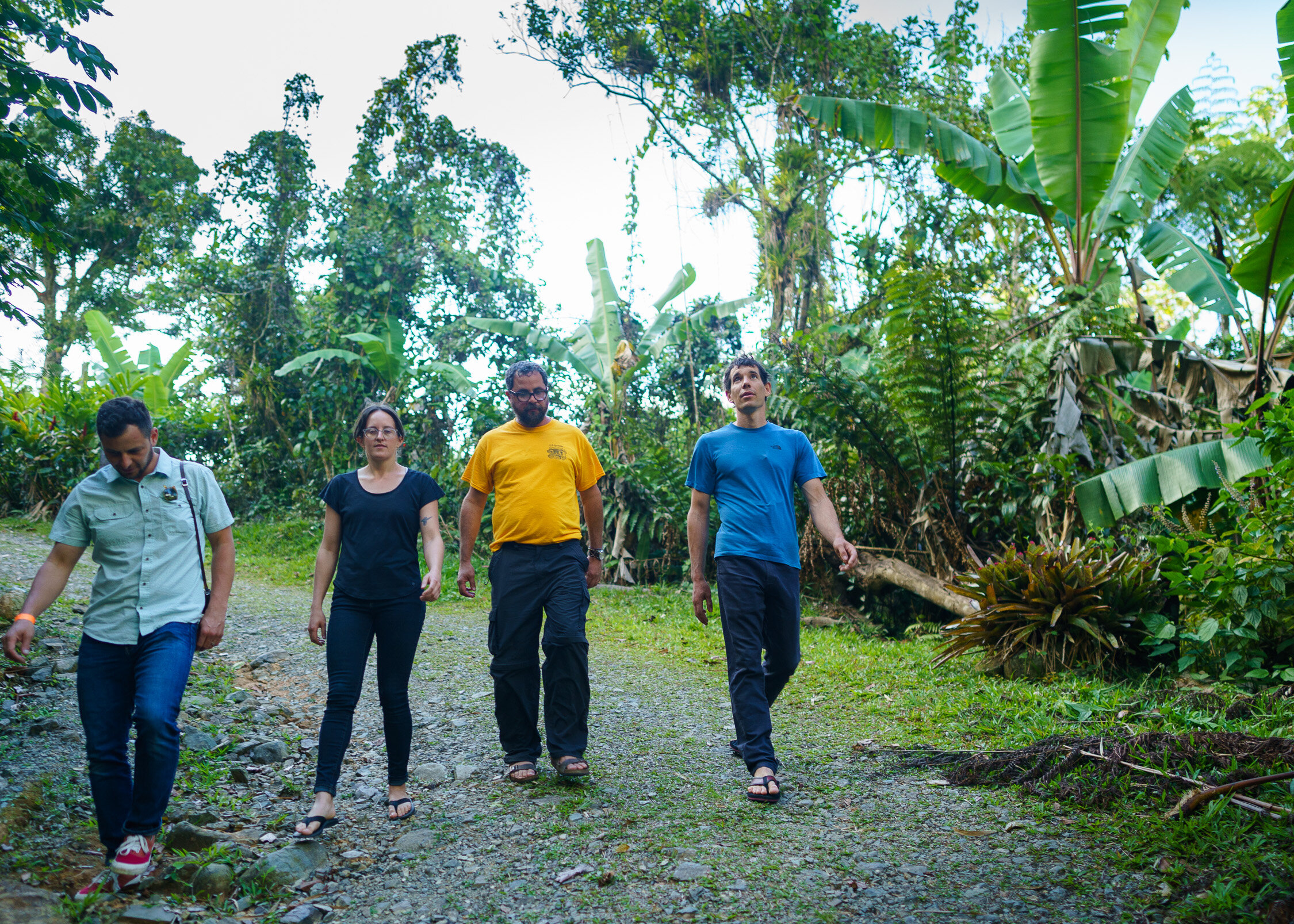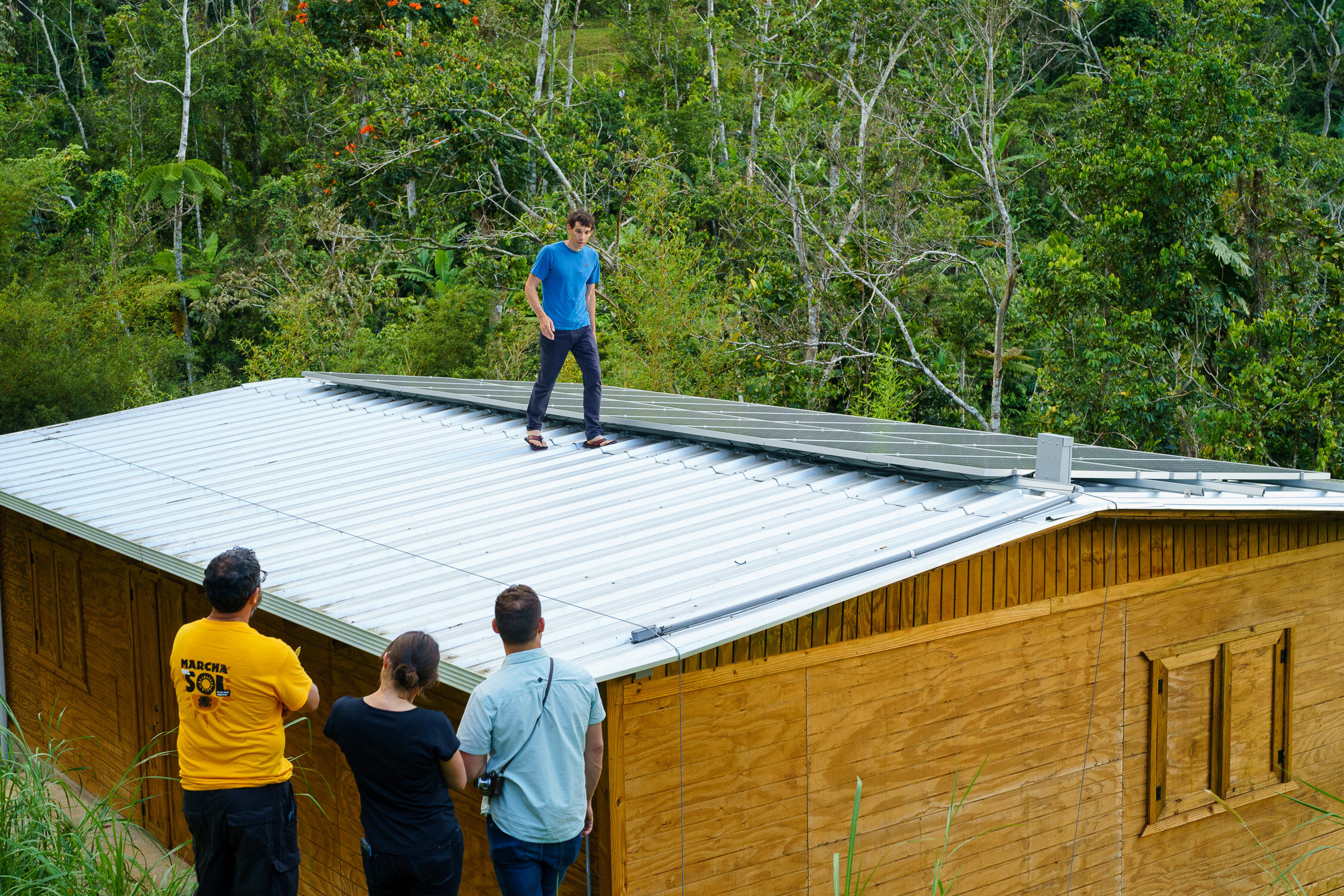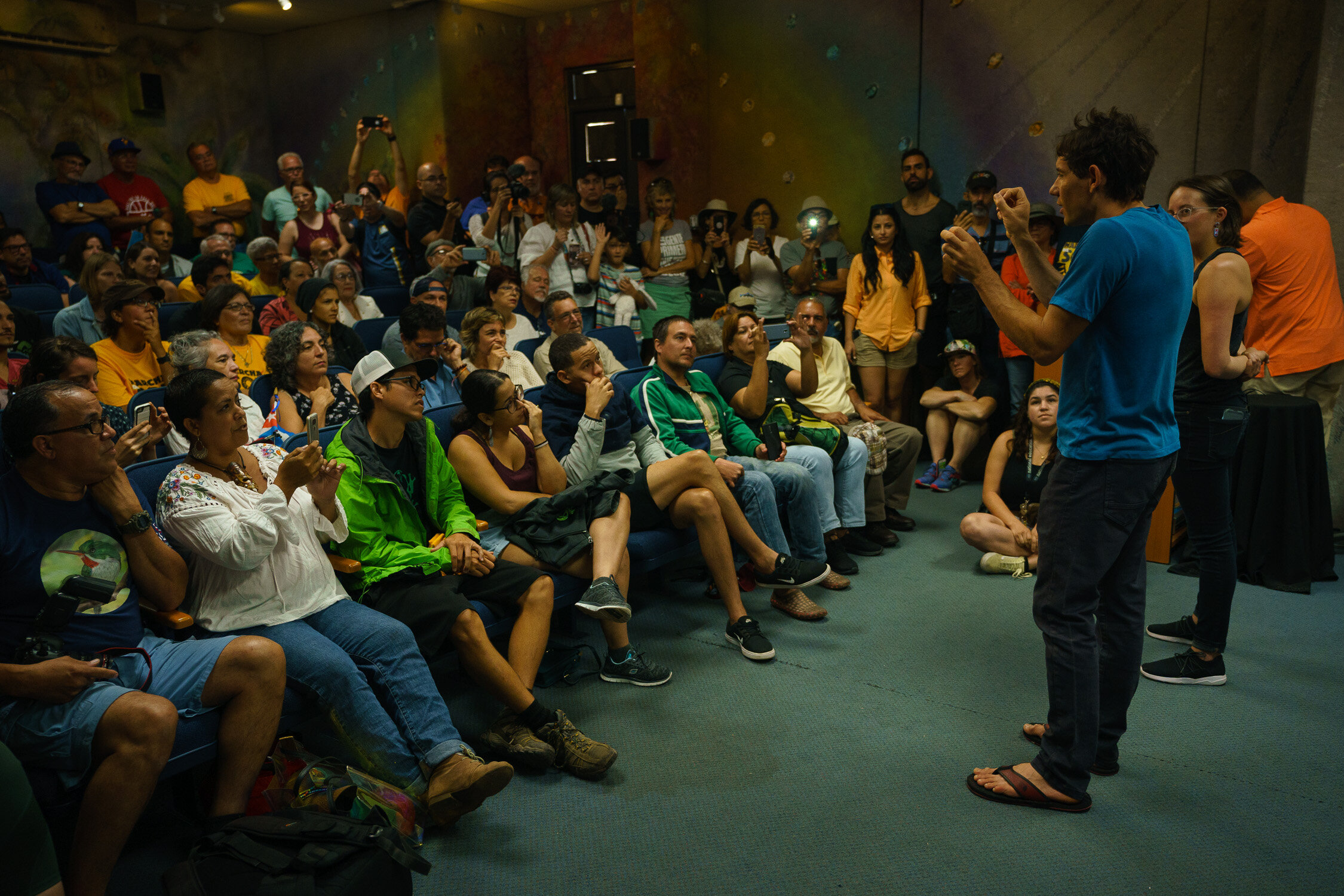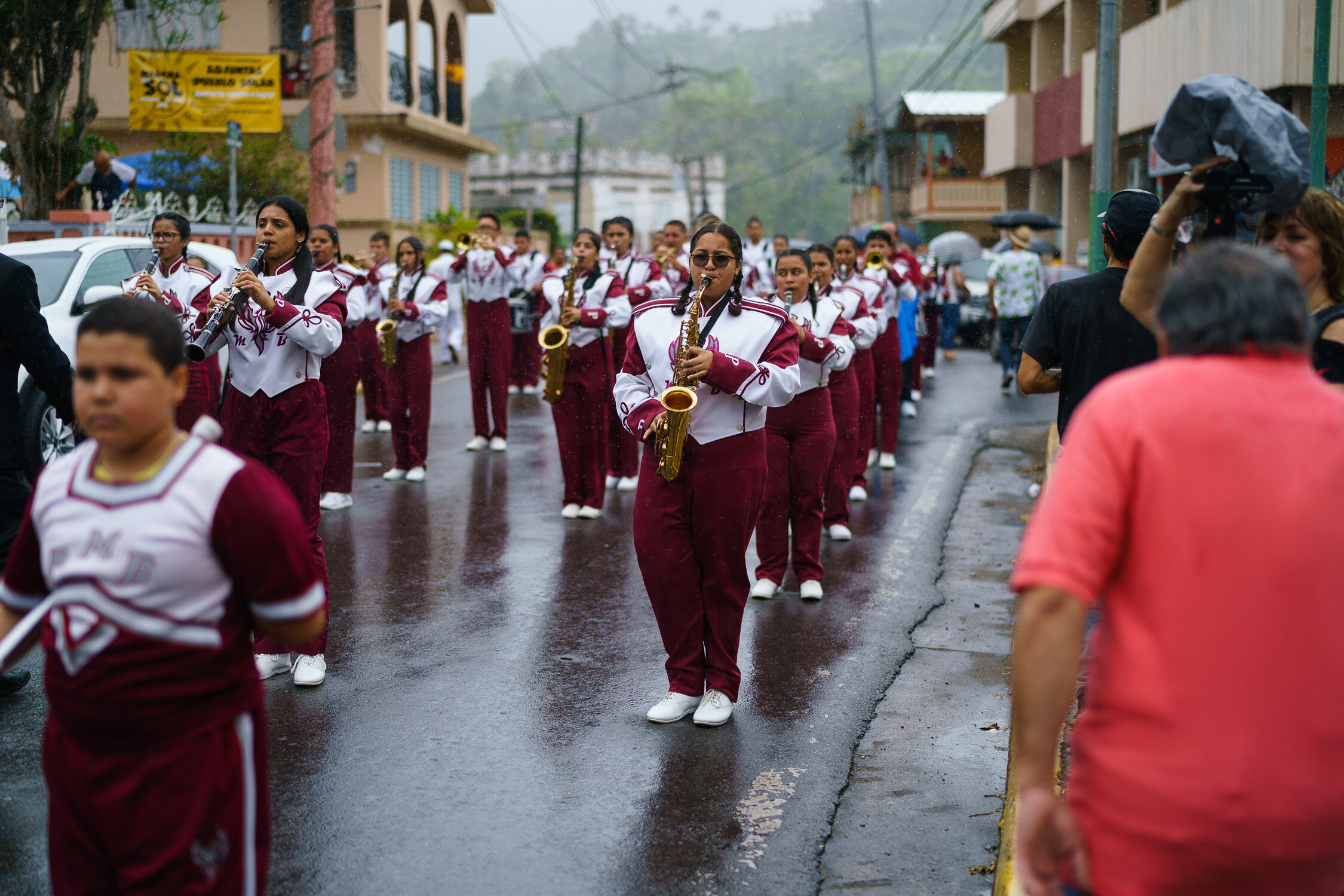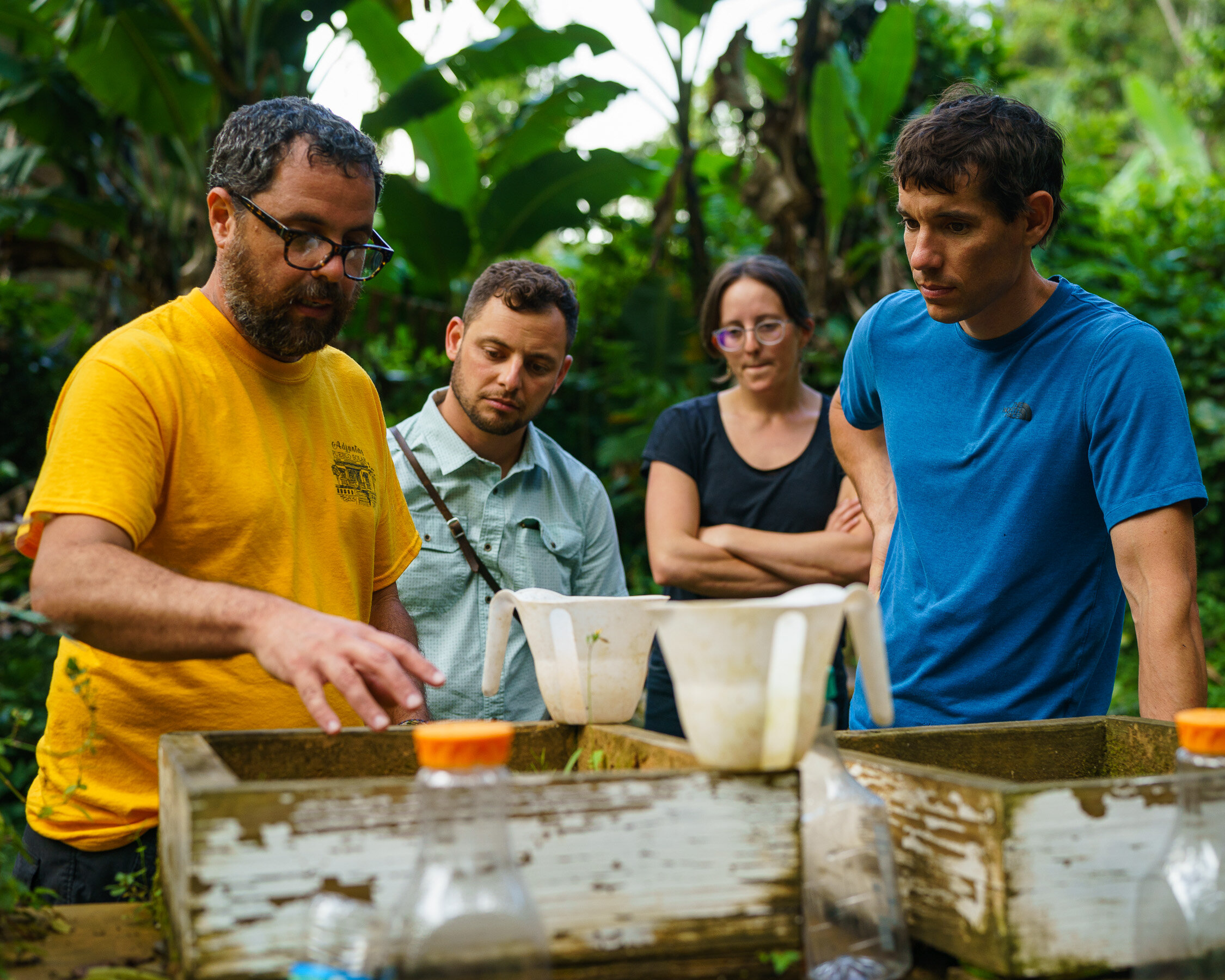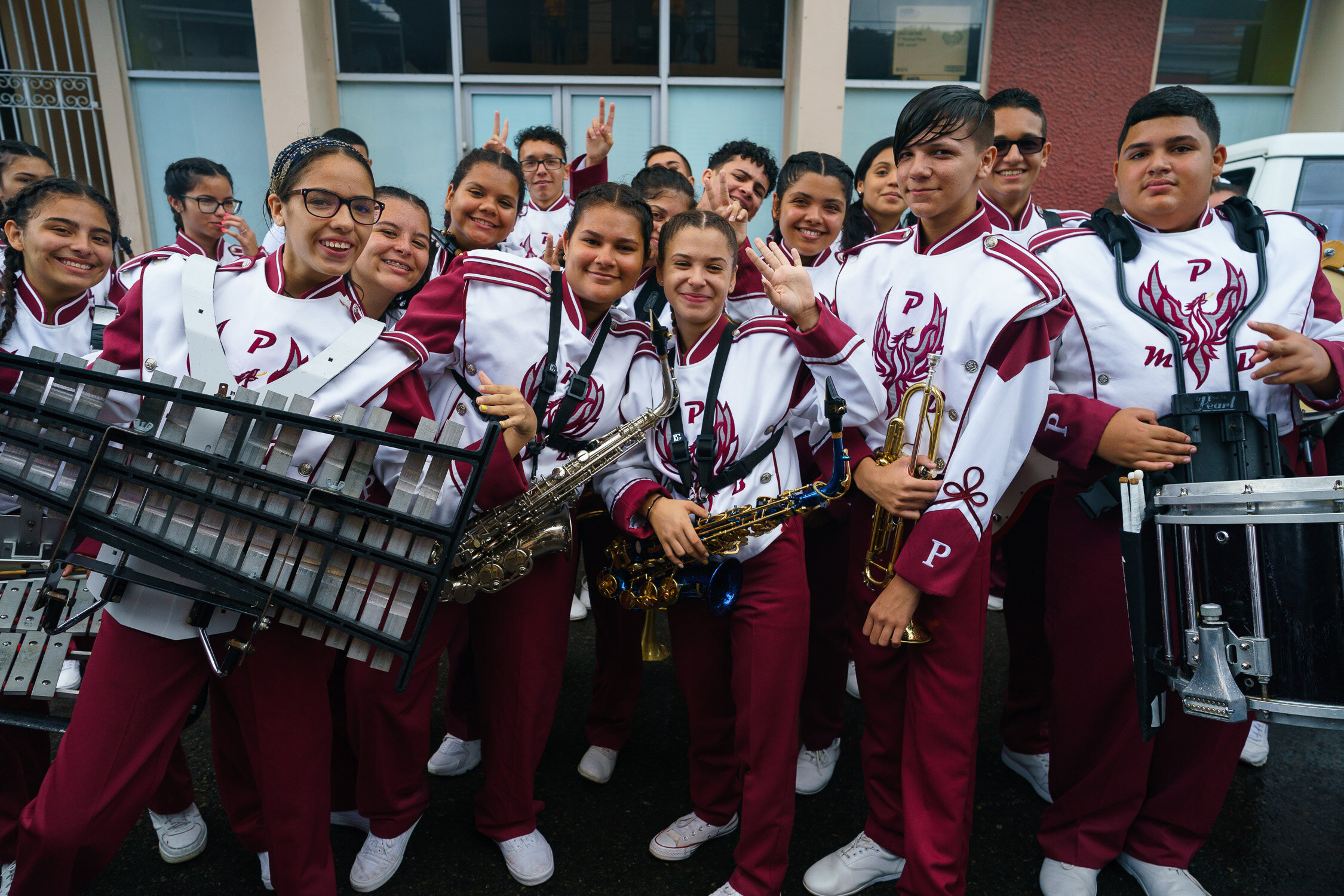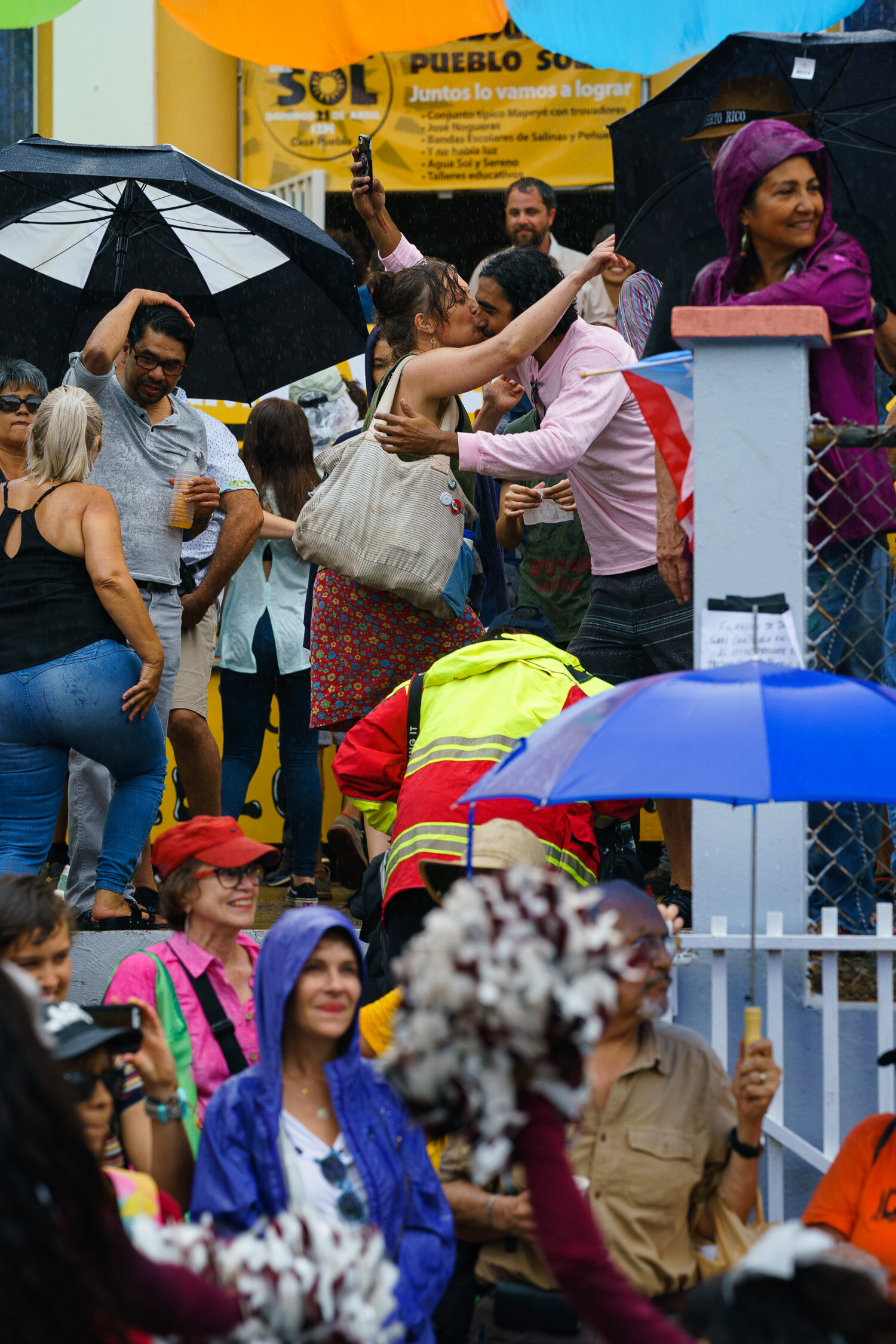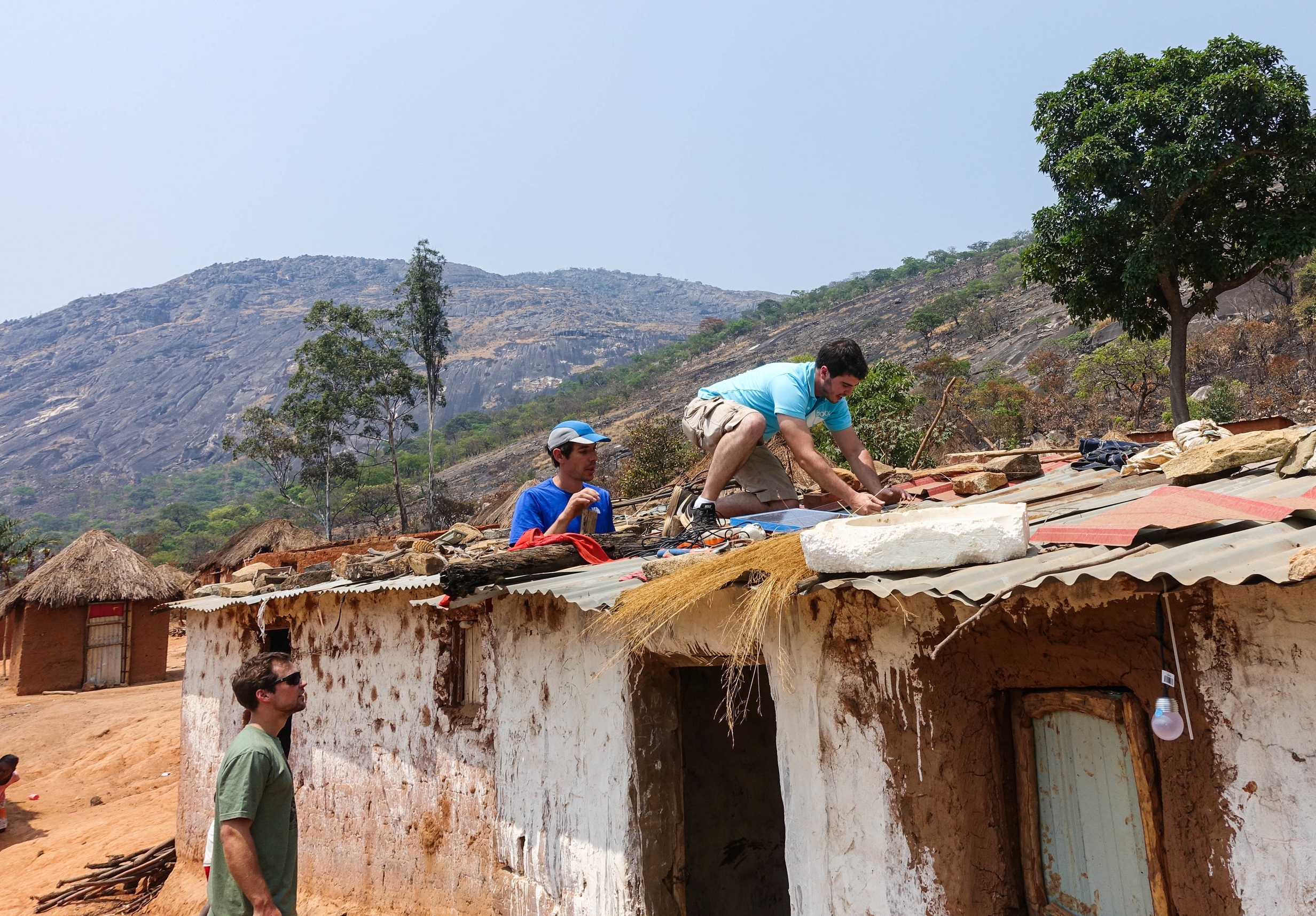Over the past four years, the Honnold Foundation has supported 58 grantee Partners in 27 countries, territories, and U.S. Tribal Lands through integrated grant funding, capacity building, and storytelling strategies. Our Partners' work is increasing access to reliable and affordable electricity, building economic equity, decreasing reliance on fossil fuels, strengthening Indigenous self-determination, advancing regional conservation efforts, mobilizing healthcare resources, and bolstering climate resilience— all through solar energy.
Today, we’re ecstatic to share our first round of 2023 grantee Partners, featuring five new organizations and six returning multi-year Partners.
Meet Our New 2023 Partners
The Honnold Foundation invests in innovative, community-centered solar energy projects around the world. In addition to unrestricted grant funding, each of the Honnold Foundation’s Partners benefits from capacity-building support, storytelling spotlights, and regional networking opportunities.
Meet Our New Multi-Year Partners
The Honnold Foundation believes that solar energy is a powerful tool for communities to build equity from the ground up. We also know that this work takes time and sustained resources, which is why, in 2023, we’re proud to announce multi-year funding for existing HF grantees.
Multi-year funding provides ongoing unrestricted support, continued capacity-building, and new storytelling opportunities for Partners whose work has the potential to scale.
Interested in getting involved? The best way to support our work at the Honnold Foundation is through a donation. After all— it takes all of us, doing whatever we can, however we can, to make this world a brighter place.



